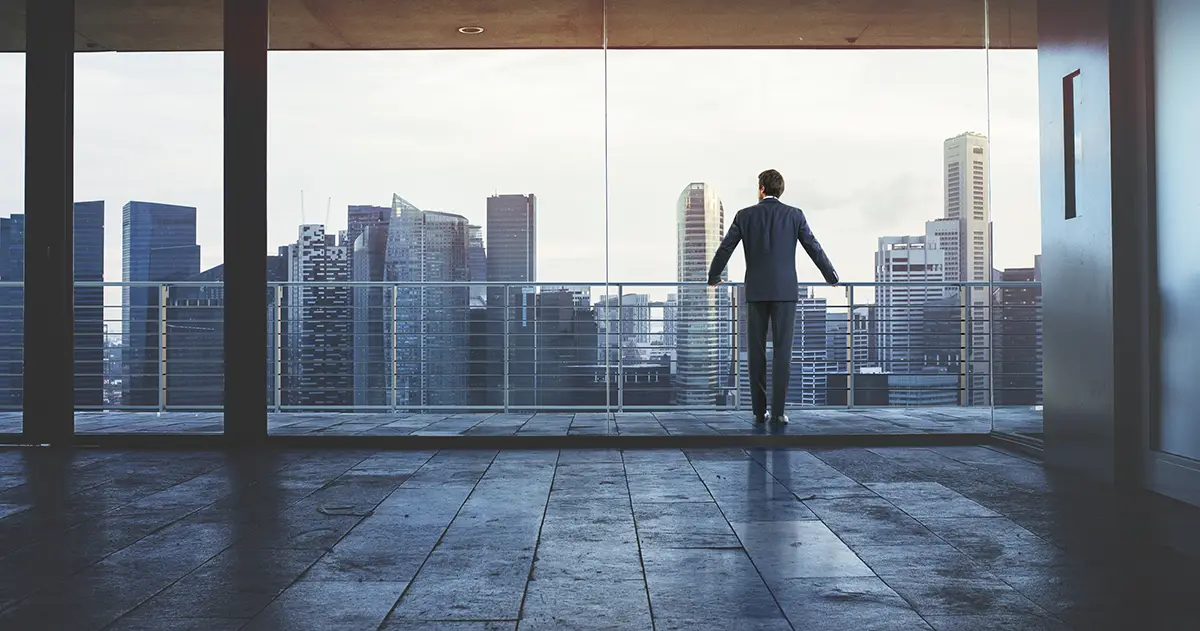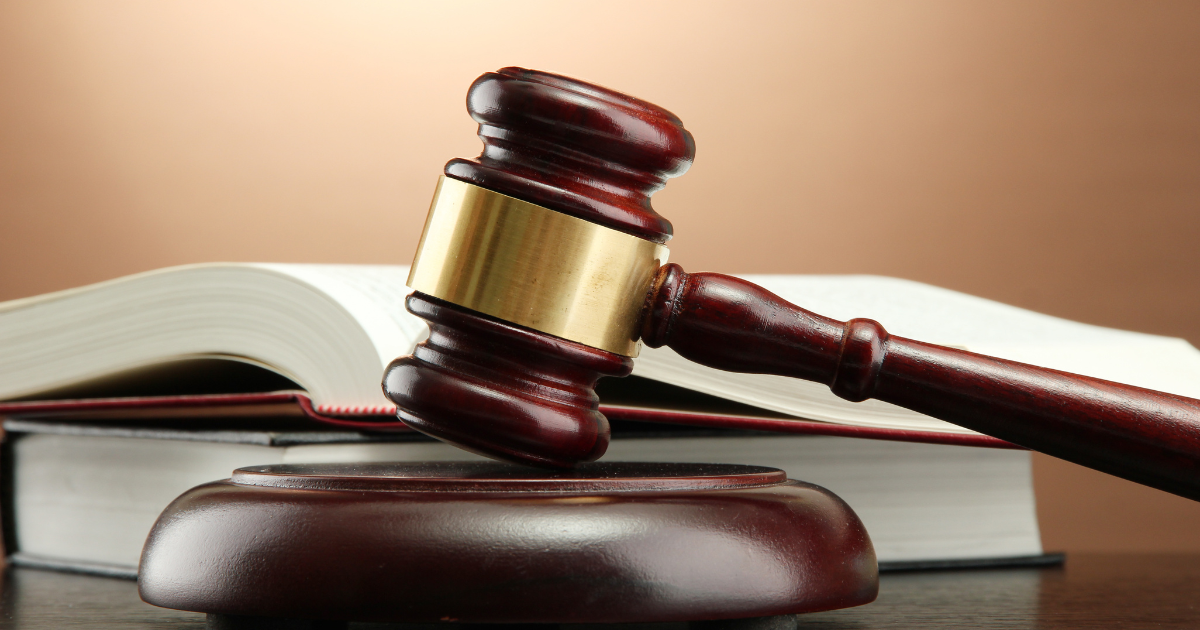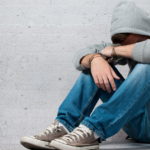Most juveniles that are arrested and find themselves in Juvenile Delinquency Court will not have to confront the possibility of going to the California Division of Juvenile Justice, but the kids that face the possibility need aggressive representation to keep them local and out of prison. In California, 225,000 youth are arrested each year. Of this group, only 1% will be sent to California Division of Juvenile Justice (“DJJ”). In January 2018, there were a total of 653 males and females in the DJJ facilities across California.
There is no doubt that prison changes adults.
Now imagine how a child could be affected by this environment: no parent to tuck them in at night, to encourage through words or contact; no family dynamic, they are completely on their own, usually placed hours away from their family; a cold cell of concrete and steel with shackles on their ankles; authority figures with guns who are willing and able to use force for control; surrounded by other kids and adults up to age 23 who are confined for violent, gang related, and/or serious sex offenses. It is a culture of violence and gangs.
Gang Culture
75% of confined individuals at DJJ are gang members or gang associates. These individuals were not necessarily gang members upon entering DJJ, gang culture is a part of the system within DJJ. A new inmate is given a choice, gang up or get beaten up.
High Recidivism Rates
The objective of the Juvenile Justice System in California is to rehabilitate kids so that they become law abiding and productive citizens. Yet, the statistics show that the recidivism rates (the statistical finding of whether a person will reoffend upon release) for youth released from DJJ are high!
- 81% of youth released from DJJ will be arrested within three-years.
- 60% of youth released from DJJ return to state-level custody within three-years of release.
Fight at all Costs to Keep Youth out of Prison
The Juvenile Justice System in California is structured and gets progressively more restrictive and punitive as the youth commits additional or more serious crimes. DJJ is supposed to be a last resort, when probation, the district attorney, and the judge have given up on the kid. At Proper Defense we never give up on our juvenile clients!
We have effectively fought to ensure our juvenile clients do not go to DJJ. Not one of our clients has been sent to DJJ. This requires fierce advocacy and a rehabilitative plan. At all costs we fight to find an alternative to DJJ. Attorney Sally Vecchiarelli has committed hundreds of hours to researching and building networks with local rehabilitative alternatives for her clients.
Our goal is to keep the family unit together, to build strong relationships, and to help our juvenile clients get their lives on track and have successful prosperous futures.
If your son or daughter is caught up in the juvenile system don’t give up, talk to Attorney Sally Vecchiarelli today at 559-314-4233.








